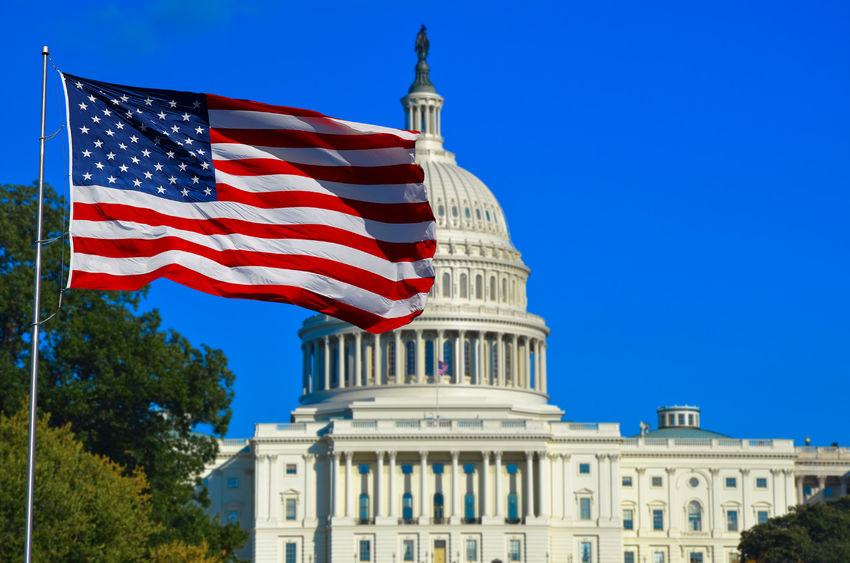
Although the Trump administration may have a hard time getting any significant legislation passed, its efforts to roll back regulation can be realized through executive orders, strategic regulatory and court appointments, and lax enforcement, suggests a new report from National Bank Financial Ltd. (NBF).
The NBF report points out that the Trump administration’s deregulatory goals can be substantially achieved via changes that don’t need to make their way through Congress. Indeed, the report suggests that U.S. President Donald Trump is carrying out a “behind-the-scenes” war on regulation.
“To push his deregulation agenda forward, President Trump has in many cases nominated people from the private sector to lead the very regulatory agencies they spent years opposing,” the report notes, adding that Trump’s control over judicial appointments can also stack courts with judges that tend to resist regulation.
But while it may be difficult to change certain regulations, which are legally required to go through a public hearing process, the NBF report points out that “unofficially their effectiveness can be significantly eroded by agencies making non-enforcement their modus operandi.”
In the financial services sector, repealing the Dodd-Frank reforms would be nearly impossible, but policymakers at the various regulatory agencies (including the U.S. Federal Reserve Board, the Office of the Comptroller of the Currency, the Securities and Exchange Commission and the Federal Deposit Insurance Corp.) have the power to alter the regulations that implement those reforms, the report notes.
“All things being equal and notwithstanding concerns over the longer-term effects on the environment, the combined impact of less regulation in the U.S. energy and financial sectors could place certain Canadian companies at a competitive disadvantage vis-à-vis their U.S counterparts,” the report concludes.
That said, the report also notes that if the Republicans lose the next U.S. presidential election in 2020, many of the current administration’s regulatory changes “are likely to be reversed.”
Photo copyright: surangaw/123RF